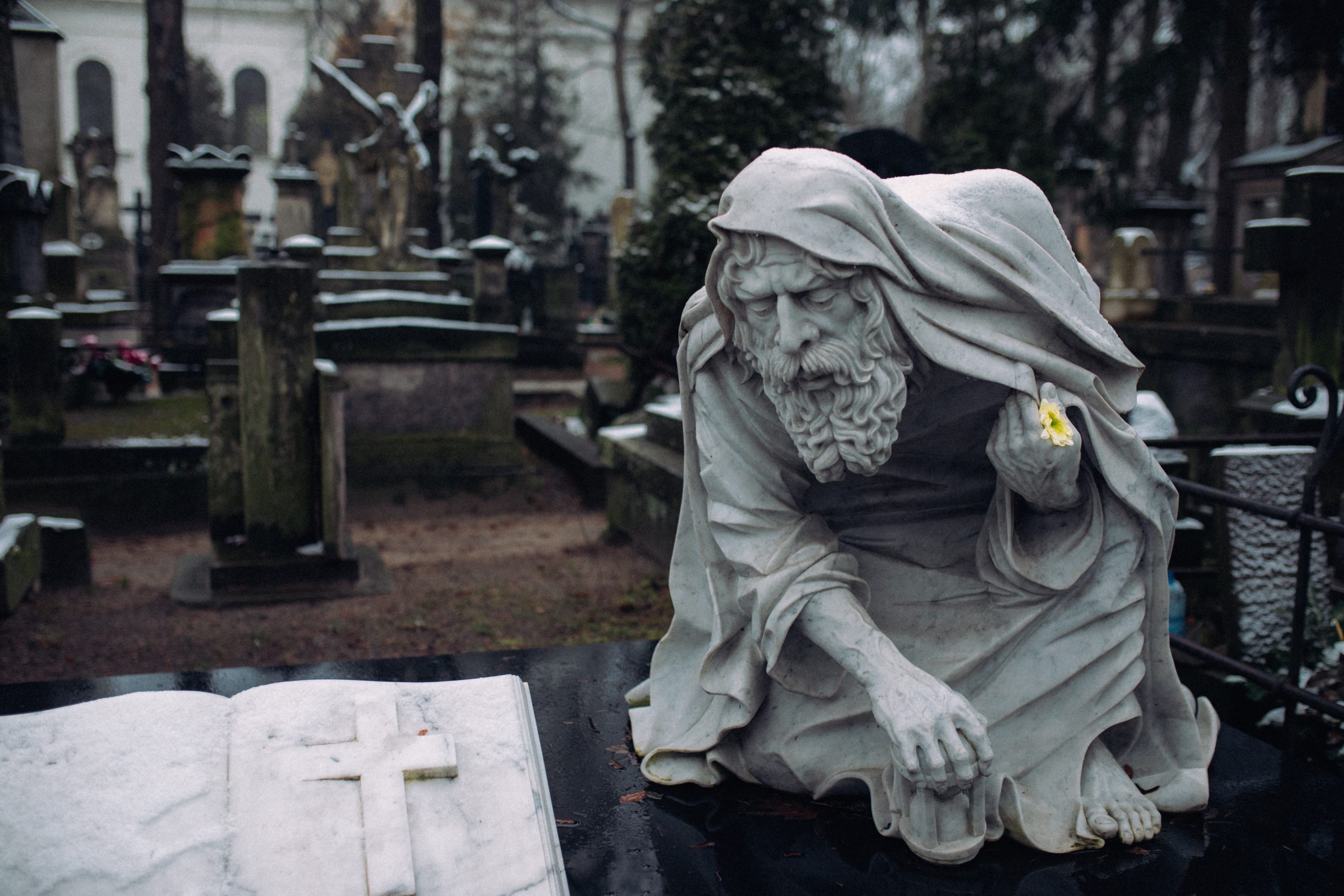We see the same thing nearly every night in our social media feeds and on our TVs.
A Black civilian is accosted by the police. The violence escalates immediately, and within a few moments—seconds if you’re Tamir Rice or Adam Toledo—the Black civilian is dead and the police officer is protected by a blue wall of silence.
This is how it has to be, we’re told.
Policing is so hard, the violence is so endemic, the split-second reactions of the police are so unpredictable, and the threat of the death of the police is so, so great that there is nothing to be done but to live with the disproportionately violent responses to Black civilians and the disproportionate rate of Black civilian deaths at the hands of the police.
It is just how it has to be because nothing can be done. We shrug our shoulders, and if we’re white, we thank God for our protection. Surely we’re never going to risk death during a traffic stop. We behave like we should.
And it’s just a few bad apples here and there who are so uniquely difficult to find that they are seldom discovered before they are sent into the field armed with deadly weapons and the freedom of qualified immunity.
But if policing is such a difficult skill that it results in the killing of Black civilians again and again then perhaps the problem is not the civilians.
The root cause isn’t civilians acting as untrained and unskilled people. All kinds of civilians act as these Black victims do–confused, startled, confrontative. It’s not out of the range of responses that the police encounter elsewhere. But Black civilians are 2.5x as likely to die in a police encounter than white civilians. The key issue here isn’t Black people and the way they behave.
The root cause perhaps is that we have decided that an imperfect system that resorts to immediate violence when Black civilians are accosted is itself broken beyond repair, or was never really capable of being “fixed.” And in general, the majority of Americans (or rather, the weirdly skewed political system that favors one kind of person over all others) are entirely pleased to see violence done to Black people whether it is at the hands of the police, in the classroom of a teacher, in the human resources department of a business, or by the teachings of the church.
There’s a principle of business management that includes kaizen when looking at production that results in broken items, whether it is toys or shampoo or software or human behaviors. Part of that process involves going back to where the problem is occurring rather than waiting until the product is off the assembly line to do a QC pass or to wait until someone is hurt. When applied to the police and their interactions with Black civilians, it means going to where the problem is occurring rather than waiting for the death of civilians to then cry out “we should do something.” And we do useless things that don’t go to the root.
If trained police officers keep killing Black civilians at far higher rates than other civilians, and it is the police who have the responsibility to be trained and in control, then perhaps we should look at that as a root cause rather than the entirely normal reactions of Black civilians who are completely and fully worthy of respect and care and love by the system that nurtures and protects others & who do not deserve by their creation as the work of God to be daily accosted and harassed and treated with violence by the same government service that protects and defends everyone else.
Treasuring life as a believer is going to bring us to changed behaviors and beliefs about how we see police and their interactions with Black civilians. It’s a broken faith system that calls for the love of God to save people and at the same time is undisturbed with the loss of human lives because they are Black and the police are involved.

